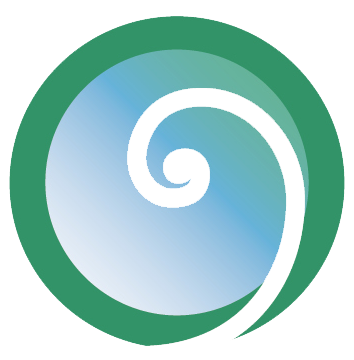Walking well means you are free to notice the power and energy you produce, and the beautiful scenery you encounter, and the other people who are out there trying to get and stay healthy, too. Applying the Alexander Technique gives you the freedom to let your legs move your torso along, to let your neck be free of tension so your head can bob along in balance as you move. It means you can breathe easily and powerfully, with awareness of your back and what is behind you. And you can be grateful for your feet, which do so much for you all day long.
Includes a podcast interview with me about AT and walking.

























